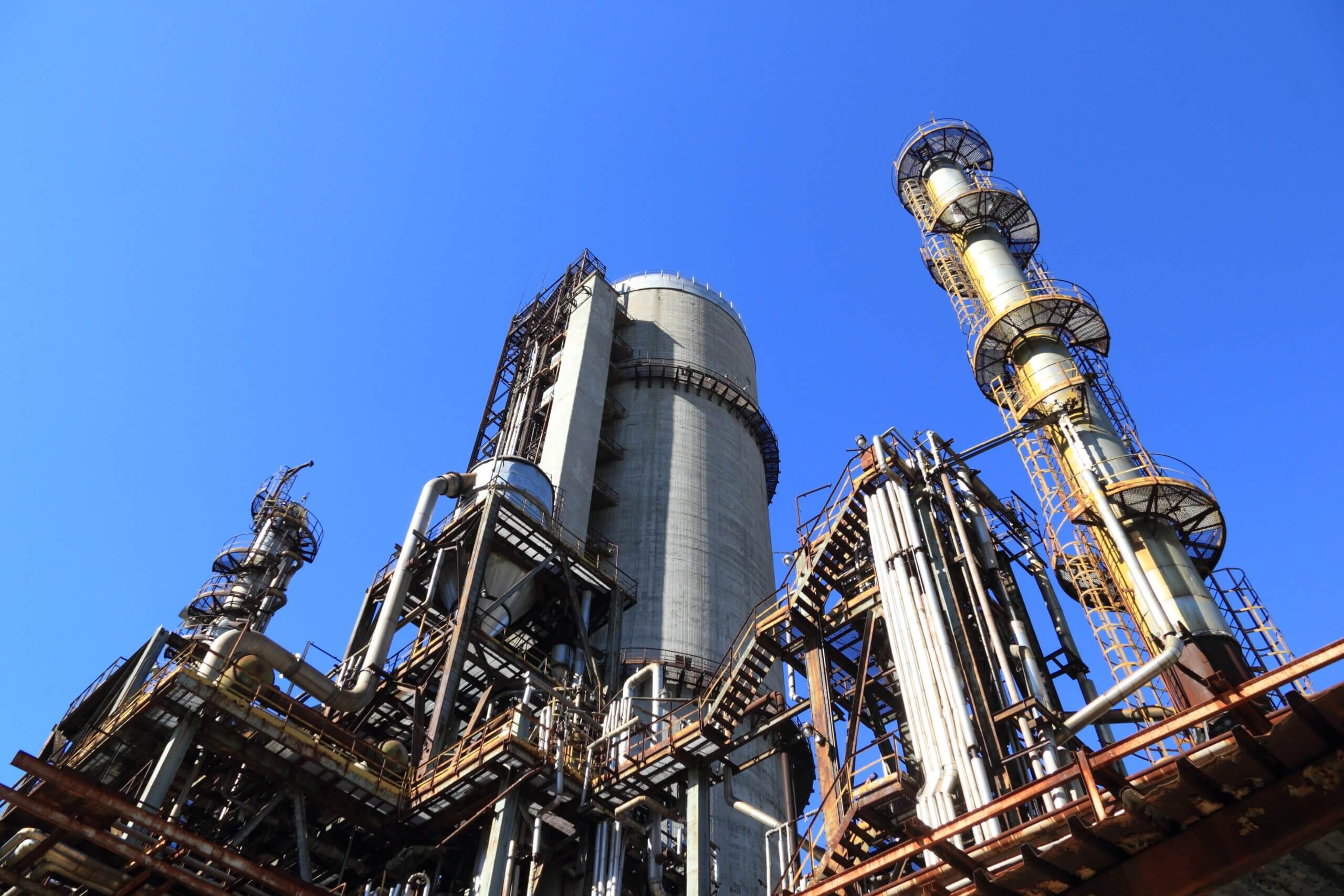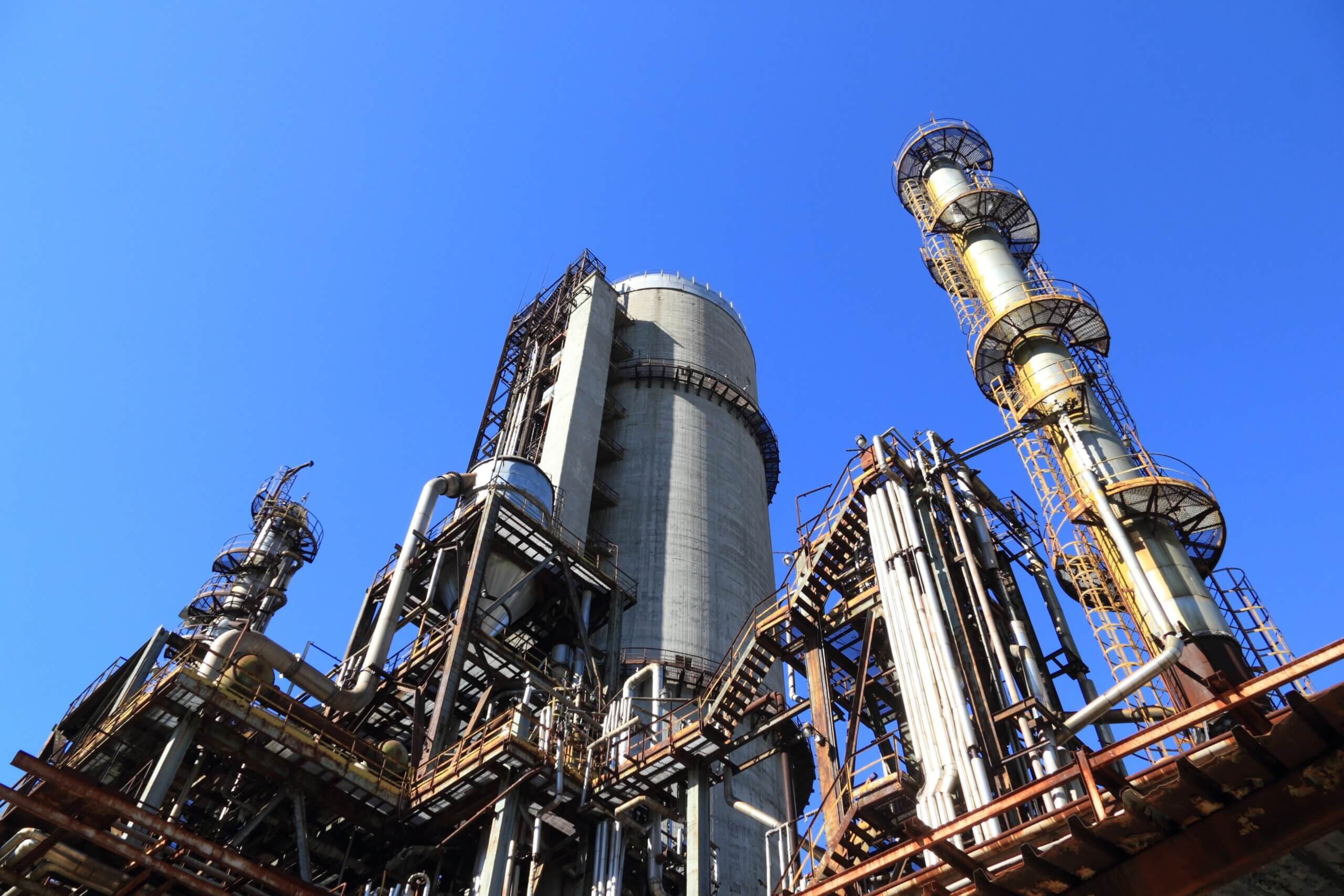“Deglobalization” has entered the narrative zeitgeist. But what’s happening on the ground? This weekly series seeks to answer that question with a round-up of deglobalization developments from the week that’s done.
1. The Hong Kong stock exchange is no longer requiring mainland Chinese companies seeking to list on its bourse to disclose China-related risks—even as it insists it has not rolled back the level of scrutiny for IPOs. The rule change comes just as Beijing authorities have asked domestic law firms to play down China-related risks in Chinese companies’ offshore listing documents.
2. Asset manager Blackrock and stock market index compiler MSCI are being investigated by a US House committee for allegedly facilitating American investment in Chinese companies flagged by the US government for violating human rights and bolstering the Chinese military. Routing “massive flows of American capital” to those Chinese entities, the select committee on China said in a letter, exacerbates national security threats and undermines American values.
3. Chinese overseas investments in metals and mining are set to hit a record this year, according to data compiled by the Green Finance & Development Center at Fudan University in Shanghai. Investments are pouring into projects in lithium, copper, and nickel, as well as uranium, steel and copper, reinforcing Chinese upstream dominance across critical value chains.
4. Danish logistics giant Maersk forecasts worldwide container demand to fall by 1% to 4% this year, versus earlier forecasts of 0.5% to 2.5%, as global trade faces a deep contraction amid inventory cutting by companies following several years of supply disruptions.
5. Beijing rolled out new export controls on long-range civilian drones and drone equipment to prevent their use for “non-peaceful purposes” and to “safeguard national security and interests,” the Chinese ministry of commerce said. Official Russian customs data show that China has shipped 12 million USD of drones and drone parts in the year after Russia invaded Ukraine.
6. Italy is looking to set up a 2 billion euro (2.2 billion USD) “Made in Italy” fund to bolster strategic supply chains. The fund will draw from both state coffers and state-controlled groups, and potentially sovereign wealth funds from Saudi Arabia, Qatar, the United Arab Emirates, Azerbaijan, and Norway.
(Photo by Pexabay/Pexels)




